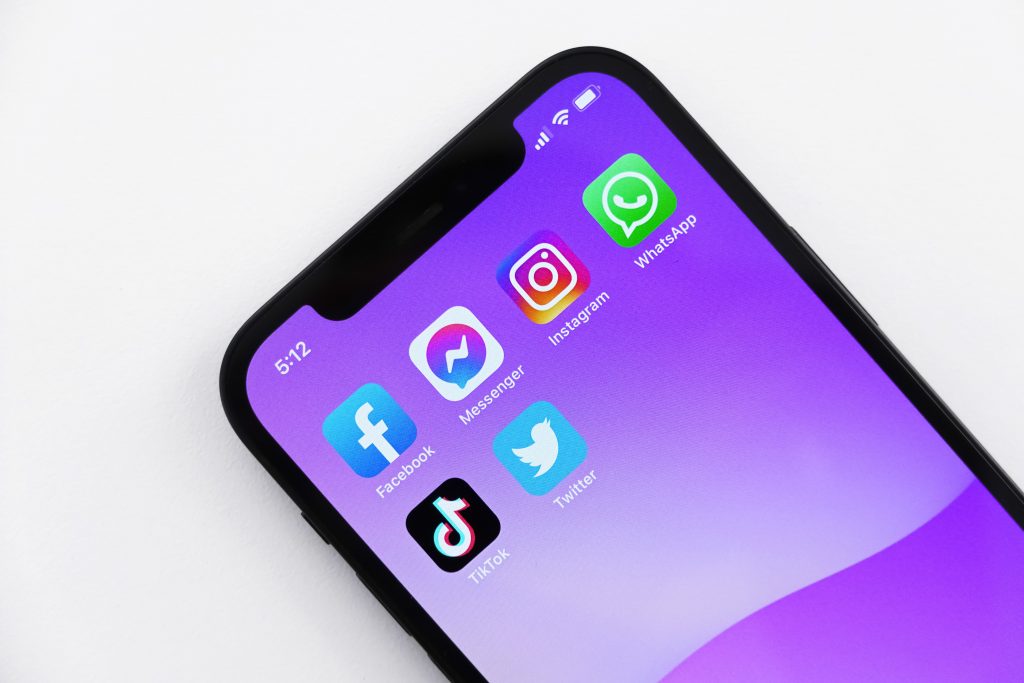Media saturation and the constant bombardment of the senses by advertisements characterise modern life. The individual is supposedly given complete control over this media under capitalism. Nonetheless, we have never been so powerless in the face of corporate monopolies. This is especially evident in the virtual world – it is a hellscape in and of itself, and it serves the capitalist class’s deceptive ideological aim of creating a false consciousness.
Scrolling and the illusion of consciousness
People can avoid reality by scrolling through social media. For the vast majority of individuals, reality is defined by one’s commitment to the capital. Herein lies social media’s ‘real’ function – to prevent the emergence of a fuller awareness of the capitalist system and one’s place within it.
Passive content consumption and creation can operate as a safety valve, allowing political angst to be channelled into apathetic murmurings. In practically every sense, organisation is abandoned, and the personal ‘polemic’ takes precedence. Social media performs “our anti-capitalism for us”, as Mark Fisher put it, “enabling us to continue to consume with impunity.” We return to work the next day after undergoing this catharsis by seeing anti-capitalist content, with no intention of striving to change work or communal living conditions.
Because they necessitate leisure, work or the desperate race to meet basic requirements are the conventional restrictions on intellectual engagement. If you spend those times passively reading social media information, you’ll miss out on those rare opportunities to establish a class-based mindset. As a result, browsing through social media serves as a safety valve as well as an ideological neutraliser.
Choice in the online world
Social media is built on the concept of choice. We pick and choose which accounts to follow and which apps to use. An examination of monopolisation reveals the irony of this choice. Meta and Google are two such colossal monopolies that thrive on profiting from every tap, like, or search. There is no doubt that the online world is constructed in a way that promotes the veneer of individual freedom and choice.
The unavoidable truth is that we have little to no control over our online behaviours. Algorithms are meant to incentivise certain repetitive behaviours, such as constant scrolling or infinite rotating between apps, according to their inventors.

Consider Claude Monet’s artwork Apples and Grapes for a moment. The fruit is arranged in such a way that the viewer’s eyes are drawn in a nearly circular motion around the entire artwork. Due to the tendency for users to group similar programmes in ‘folders,’ this centuries-old approach is used to great success by the architects of both social media apps and phone interfaces, as these allow the circular motion of both the eyes and fingers.
As a result, the user is immersed in an immersive loop of continuing use of these massive corporate entities’ products and services.
Individualism and self-expression
The major ideological strand of this choice-based media, individualism, cannot be hidden. The idea of individualism is maintained at the heart of the social media project: self-expression, as symbolised by YouTube’s old motto “broadcast yourself.”
This notion of ‘self-expression’ is debunked since we rarely express our genuine selves on social media. Instead, we go through a process of ‘self-commodification’, in which people effectively “sell themselves” to hypothetical future employers who will undoubtedly check their social media, as Yanis Varoufakis puts it.
However, if we define this term as expression ‘by’ the self rather than ‘of’ the self, it retains some truth, though not entirely, because the modes in which we express ourselves are largely determined by our position within the socio-economic structure and our ideological conditioning by the superstructure.
Nonetheless, social media reinforces the notion of individualism by rewarding distinctive techniques of self-expression (albeit their uniqueness is sometimes muddled by their adoption by entire online subcultures).
So, what can we do?
The virtual world is a near-ironic amplification of late-capitalist society’s absurdity – “technofeudalism”, as Varoufakis puts it to distinguish it from conventional capitalism. Despite this, it continues to promote and maintain the ideological myths system.
It’s vital to remember that we, as individual social media users, are not the bad guys. On an individual level, it would be nearly impossible to reject the “communicative sensation-stimulus” because it has pervaded our collective lifestyles so thoroughly.
The Internet was and continues to be a source of enormous possibility, with the potential to elevate humanity beyond our wildest dreams. As with other 21st-century challenges, the solution rests in a complete replacement of our current economic system, with one based on human need rather than private profit.
Rsaal Firoz



